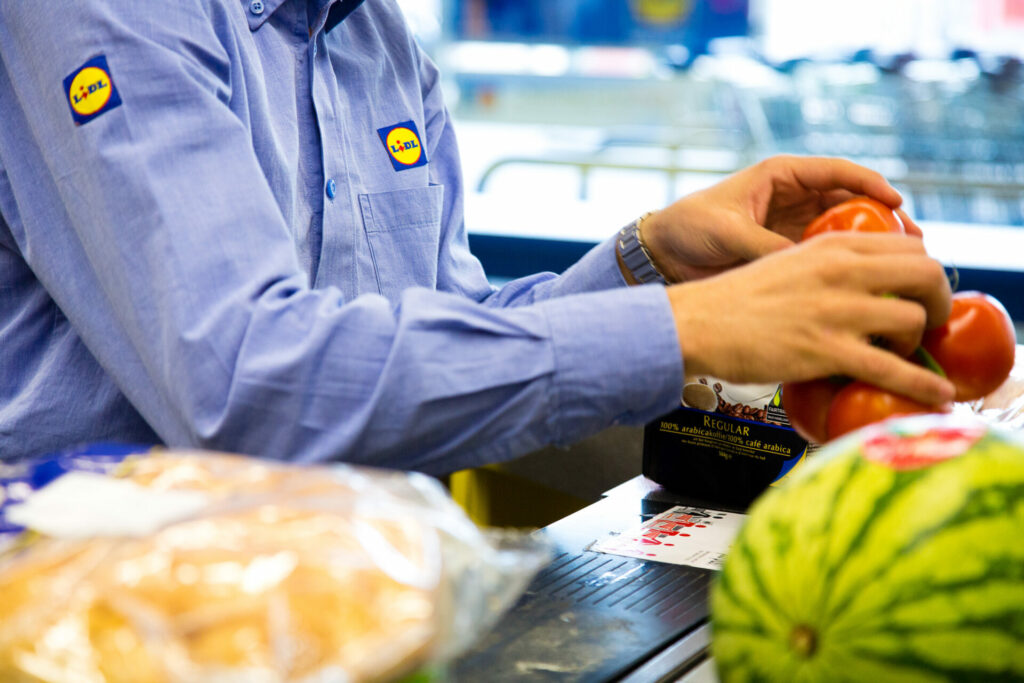The skyrocketing prices at supermarkets in Belgium have driven some to cross the borders for their groceries, but how cost-effective is this in practice?
Last year, Russia's war on Ukraine, the consequent energy crisis and soaring cost of raw materials dealt a hammer blow to supply chains, dramatically pushing up the price of groceries in Belgian supermarkets. Supermarket inflation is still more than 20%, making Belgium one of the countries with the highest inflation rate, according to consumer protection organisation Test-Achats.
Due to these unsustainable prices, the organisation called for a price freeze for 100 basic products to prevent people from experiencing financial difficulties. Some consumers are taking matters into their own hands by crossing the borders to neighbouring countries to buy their shopping.
However, this is not always cheaper, as the consumer organisation discovered after comparing the average prices of 162 basic products in Belgium, France, the Netherlands and Luxembourg.
Bang for buck in France
When it comes to buying products from international brands, consumers pay more on average in Belgium than in neighbouring countries (excluding the Netherlands where they are even more expensive), the organisation's analysis found.
Cleaning and hygiene products from international brands are cheapest in Germany, whilst Luxembourg provides the cheapest beer and other alcoholic drinks – on average, consumers pay 27% less than in Belgium for these products.
For the 162 products analysed, France is generally cheaper than Luxembourg, Germany, the Netherlands and Belgium. Especially for those living near the French border or crossing over for a holiday or long weekend, it may be worth buying certain products there.
"Consumers can save an average of 9% on their groceries when purchasing them in France. That can even go up to 19% if you buy international brands," reveals spokesperson for Test-Achats, Laura Clays. It is especially cost-effective to buy bread, cereals and dairy (34% cheaper) as well as preserves and products with a long shelf life, such as drinks, in France.
"On average, you can save 13% on soft drinks and a 1.5 litre bottle of Evian costs as much as 64% less over there," the organisation found.
The grass isn't always greener
However, Clays emphasised that buying groceries abroad is not always the cheapest option, "because we [Belgium] remain competitive on a large number of products," she explained.
Olive oil, sunflower oil and chocolate spreads, for example, are cheaper in Belgium. Consumers face paying 10% more for these products in the Netherlands, 14% more in Luxembourg and as much as 17% more in Germany.
Other fresh products such as fish, potatoes, fruit and vegetables are also generally cheaper in Belgium, where meat is 8% cheaper than in France and 38% cheaper than in Germany.
Related News
In any case, the organisation recommends purchasing own brands (for example, Boni at Colruyt or 365 in Delhaize) over so-called A-brands or (inter)national brands, as they are on average 51% cheaper, often for the same quality.
It also advises comparing supermarkets within Belgium by the price per unit. In this way, you can "avoid marketing tricks like more expensive maxi-packaging or shrinkflation, where a product retains its price but is sold in smaller packages than before," Test-Achats concluded.

